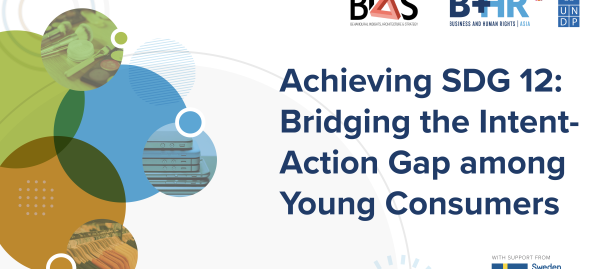The Weakest Link in the Global Supply Chain – How the Pandemic is Affecting Bangladesh’s Garment Workers
The Weakest Link in the Global Supply Chain – How the Pandemic is Affecting Bangladesh’s Garment Workers
April 30, 2021
Globally, there has been an explosive growth in the readymade garment (RMG) industry with clothing production increasing exponentially since early 2000.
The RMG industry, which accounts for approximately 80% of Bangladesh’s total exports ($34.13 billion in 2018-19), is a major contributor to the country’s economic advancement. From being a predominantly agrarian economy, Bangladesh has seen rapid industrialisation due to garment manufacturing, which has helped catapult the nation to the higher growth trajectory. It is the world’s second-largest exporter of RMGs. Exports doubled from 2010 to 2015 and will nearly triple by 2022.
Bangladesh’s RMG sector now stands at a critical juncture. One where there is the opportunity to reshape the global supply chain by adopting responsible business practices. This report, prepared by the Institute for Human Rights and Business (IHRB) and the Subir and Malini Chowdhury Center for Bangladesh Studies at the University of California Berkeley, with the support of the United Nations Development Programme (UNDP) and the Swedish International Development Cooperation Agency (SIDA), sends out clear recommendations to every stakeholder in the global supply chain: from brands to labourers, as well as to governments, manufacturing associations, international organisations, civil society, and all other actors in Bangladesh and throughout the world that there are actions we can take to ensure accountability and dignity of those least protected and most marginalized.

 Locations
Locations
